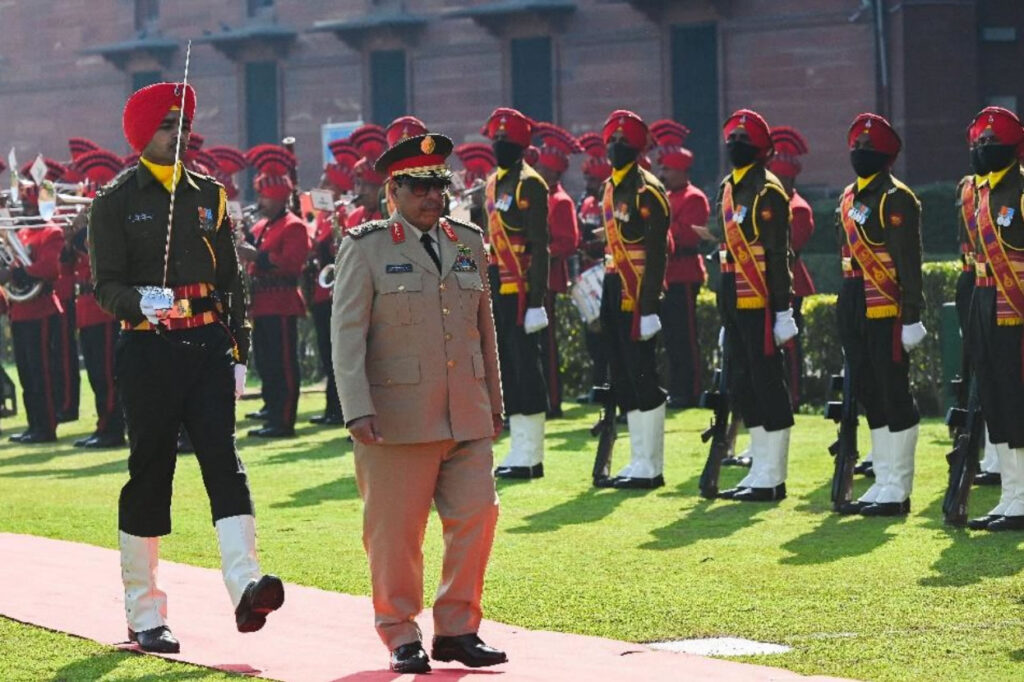Series Introduction
India-Middle East Relations: Opportunities and Challenges
With the United States shifting its security focus from the Middle East to the Asia-Pacific, other major powers are seen as potential players that might fill the void in Middle East security. The fact that India is one such player is further manifested in the recently announced India–Middle East–Europe Economic Corridor.
This series of Insights seeks to unravel the evolutionary paths that the growing multifaceted connections between India and the Middle East might take and the challenges arising. India’s relationship with Israel, especially under the purview of the I2U2 partnership, which also includes the United Arab Emirates and the United States, has in particular generated much curiosity among observers. India’s longstanding economic ties with the GCC countries, along with its ties with Iraq and Iran, have added to the strategic significance of the Middle East for India and given it strong reasons for a greater role in the Middle East.
By Alvite Ningthoujam*
Military-security cooperation between India and some of the Gulf Cooperation Council states has gained steady momentum in recent years, evidenced by frequent visits of high-level officials and conduct of bilateral military exercises. What has brought the military-security establishments of India and these states are their shared threat perceptions, particularly their concerns regarding cross-border terrorism. Another important contributory factor is the ongoing military modernisation both in India and the GCC countries. India has aspirations of becoming a major arms supplier and is looking to tap Middle Eastern markets, but China’s growing footprint in the region, marked by a visible arms trade, could challenge India’s ambitions.
Click HERE FOR THE PDF.
Image Caption: Commander of the Royal Saudi Armed Forces of Saudi Arabia, Fahd Bin Abdullah Mohammed Al-Mutair (R), inspecting a guard of honour upon his arrival in New Delhi on 15 February 2022. Photo: Prakash Singh / AFP
About the Author
*Dr Alvite Ningthoujam is an Assistant Professor at the Symbiosis School of International Studies (SSIS), Symbiosis International (deemed) University, Maharashtra, India. He holds a PhD from Jawaharlal Nehru University, India. From July 2017 to July 2019, he served as a Consultant at the Strategic Affairs Wing of the National Security Council Secretariat, Prime Minister’s Office, New Delhi, and handled issues pertaining to the West Asia–North Africa (WANA) region and Iran. Dr Ningthoujam was among the five young researchers from India who participated in the Next Generation Initiative organised by the Foreign and Commonwealth Office, UK, in 2017.





